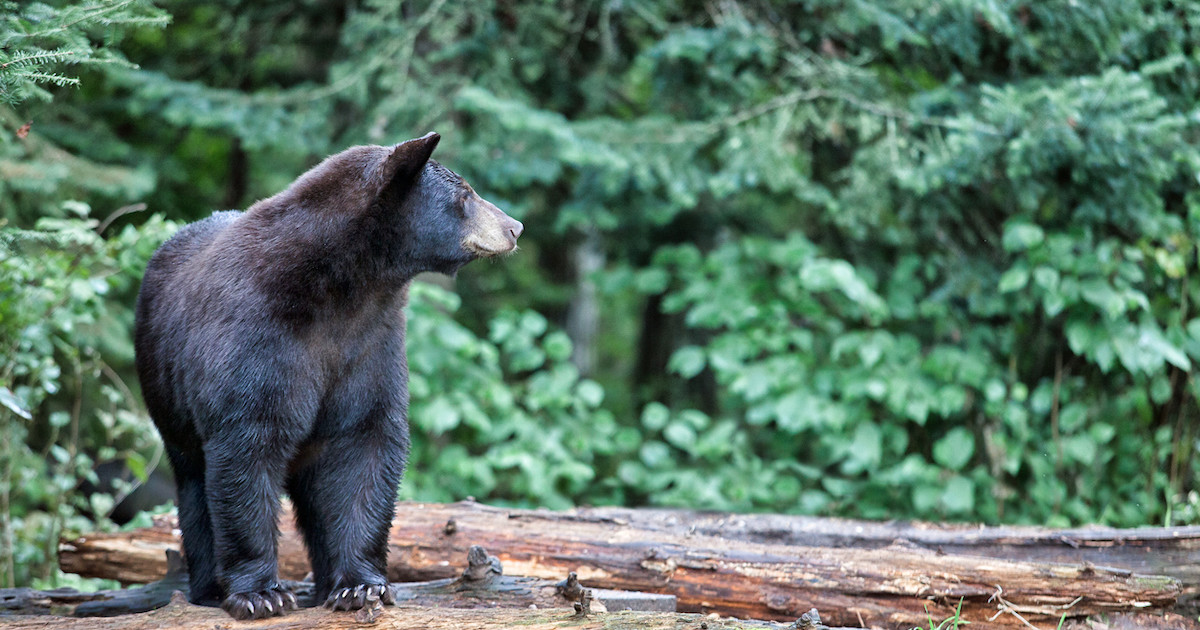RG_Adult_Onset_Hunter
Well-known member
I love bear hunting. As a person that tries to derive their protien primarily from game meat, the animal and the hunt has a cultural and nutritional value that is hard to find elsewhere. For this reason and many others, I am saddened the Special Fish and Wildlife Commission's recent decision to suspend the spring 2022 season despite the overwhelming public comment in support of the hunt, and more importantly the scientific recommendations of WDFW staff.
Rather than take my word for what happened in that meeting, here are links to read the minutes, or watch the meeting. It is clear to me that the commissioners that voted against this hunt did so because they felt that the hunt was not popular.
Meeting Notes
Watch the Meeting
Now what? I for one will be writing each of the commitee members, thanking the ones that listened to reason and chastizing the ones that listened to the mob in an earlier Zoom meeting while ignoring science and a vastly better argued hunter opinion. Stuff like this is why we can't be reactive in protecting hunter rights and heritage. Every time an animal rights group goes on the offensive, they get to set the tone for the debate and set the opinion of those who matter from the start. For this reason any push to amend the state constitution to protect hunting rights has to also protect science based conservation management practices. Conservation should never be a popularity contest. How can we achieve that?
EDIT as of 11/23/2021
How the vote went
Commissioners Barbara Baker, Fred Koontz and Lorna Smith also voted no to the spring hunt.
Voting yes were Commissioners Kim Thorburn, Molly Linville, Jim Anderson and Don McIsaac.
I want to be very clear that WDFW is not to blame for this decision. Their recommendation was in the scientific defense of the hunt, and the ethical defense of hunters. The commisioners and those who appoint them are the place that pressure needs to be applied.
Rather than take my word for what happened in that meeting, here are links to read the minutes, or watch the meeting. It is clear to me that the commissioners that voted against this hunt did so because they felt that the hunt was not popular.
Meeting Notes
Watch the Meeting
Now what? I for one will be writing each of the commitee members, thanking the ones that listened to reason and chastizing the ones that listened to the mob in an earlier Zoom meeting while ignoring science and a vastly better argued hunter opinion. Stuff like this is why we can't be reactive in protecting hunter rights and heritage. Every time an animal rights group goes on the offensive, they get to set the tone for the debate and set the opinion of those who matter from the start. For this reason any push to amend the state constitution to protect hunting rights has to also protect science based conservation management practices. Conservation should never be a popularity contest. How can we achieve that?
EDIT as of 11/23/2021
How the vote went
Commissioners Barbara Baker, Fred Koontz and Lorna Smith also voted no to the spring hunt.
Voting yes were Commissioners Kim Thorburn, Molly Linville, Jim Anderson and Don McIsaac.
I want to be very clear that WDFW is not to blame for this decision. Their recommendation was in the scientific defense of the hunt, and the ethical defense of hunters. The commisioners and those who appoint them are the place that pressure needs to be applied.
Last edited:





